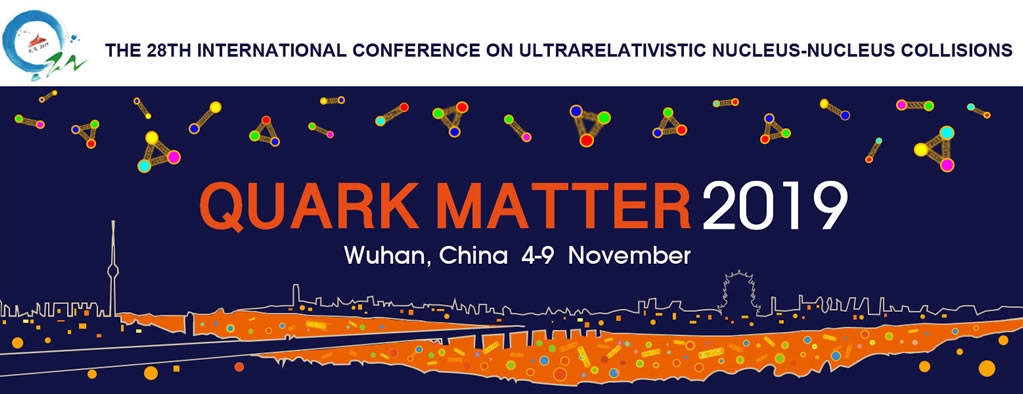Speaker
Description
The validity of the Statistical Hadronization Model (SHM) has been successfully tested to adequately reproduce hadronic particle abundances over nine orders of magnitude in high energy collisions of heavy ions. Assuming a thermally equilibrated system, experimental particle yields at RHIC and the LHC serve as an anchor for the determination of common freeze-out parameters in the QCD phase diagram -- namely, the baryo-chemical potential ($\mu_B$) and the chemical freeze-out temperature ($T_{ch}$) -- via thermal fits in the SHM framework. A point of interest arises when comparing the extracted freeze-out parameters obtained using different sets of particles in the thermal fit; namely, the $T_{ch}$ differences between the light hadrons and the strange hadrons. In this talk, I will show recent calculations of the freeze-out parameters using STAR and ALICE particle yields measured at collision energies ranging from 7.7 GeV to 7 TeV. Employing the Grand Canonical approach within the framework of the Thermal-FIST HRG model package, I will show evidence for a flavor-dependent freeze-out in the QCD crossover region and compare our findings with lattice calculations. Lastly, I will compare the quality of the extrapolated fits using various treatments of strangeness conservation under different freeze-out conditions. I will focus on system size dependence by applying the same approach to pp and pPb collisions and show that the statistical hadronization approach is applicable to small systems and that flavor dependencies in the freeze-out parameters lead to a natural explanation of strangeness enhancement from small to large systems.
